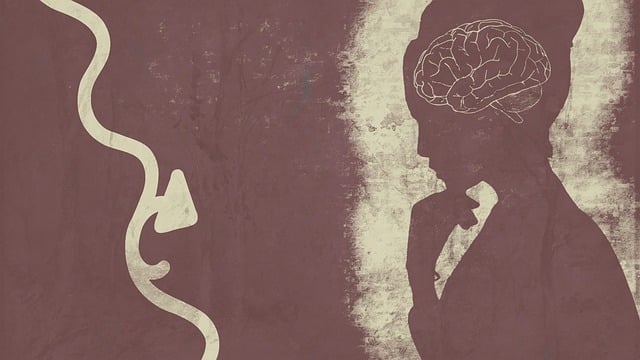Les adolescents francophones peuvent souffrir de dépression sans que celle-ci soit toujours détectée. Pour une aide efficace, il est essentiel de reconnaître les signes avant-coureurs comme les changements d'humeur, la fatigue constante et les pensées négatives récurrentes. La thérapie cognitivo-comportementale (TCC) adaptée à leur culture et âge reste un outil puissant, accompagnée de programmes communautaires renforçant l'intelligence émotionnelle. Les centres de thérapie spécialisés offrant des services en français créent un environnement confortable. Des ateliers sur la compétence culturelle et des ressources accessibles aident à prévenir et gérer la dépression chez ces adolescents, leur apprenant des stratégies de résilience et de gestion des crises.
Depression among adolescent teens is a growing concern, but with the right strategies, prevention is key. This article explores vital approaches to identifying early signs of depression in young individuals, particularly focusing on French-speaking youth. We delve into effective therapy options tailored to their needs and provide practical tools to build resilience. By understanding the unique challenges faced by this demographic, we can offer targeted support and potentially revolutionize mental health care for adolescent teens speaking French.
- Recognizing the Signs of Depression in Adolescent Teens
- Therapy Options for French-Speaking Youth: A Comprehensive Look
- Practical Strategies to Foster Resilience and Prevent Depression
Recognizing the Signs of Depression in Adolescent Teens

Les adolescents francophones peuvent aussi souffrir de dépression, souvent sans que cela soit détecté. Il est crucial de savoir reconnaître les signes avant-coureurs pour offrir une aide appropriée. Les changements d’humeur, un intérêt diminué pour les activités appréciées auparavant, la fatigue constante et des difficultés à se concentrer sont des indicateurs potentiels. Le retrait social, les troubles du sommeil et les pensées négatives récurrentes sont également des signaux d’alarme importants.
La thérapie reste un outil puissant dans la prévention de la dépression chez les adolescents francophones. Des approches comme la thérapie cognitivo-comportementale (TCC) adaptée à leur âge et à leur culture peuvent aider à identifier et modifier les schémas de pensée négatifs. De plus, des programmes de communauté outreach en français, intégrant des compassion cultivation practices et renforçant l’émotionnelle intelligence, offrent un soutien supplémentaire.
Therapy Options for French-Speaking Youth: A Comprehensive Look

For French-speaking youth dealing with depression, accessing culturally sensitive therapy options is paramount. Many adolescents benefit from cognitive behavioral therapy (CBT), which focuses on identifying and changing negative thought patterns and behaviors. This approach has proven effective in treating depression and can be tailored to incorporate cultural nuances important to the individual’s identity. Additionally, interoceptive dialogue therapy and mindfulness-based interventions are gaining recognition for their benefits in managing symptoms of depression.
There are specialized therapy centers offering services in French for youth and families who speak the language, ensuring a comfortable and understanding environment. Some organizations even provide stress management workshops tailored to address cultural competency among healthcare providers, promoting better care for French-speaking teens. Fostering open conversations about mental health, encouraging positive thinking, and providing accessible resources are all part of comprehensive strategies aimed at preventing and managing depression in this demographic.
Practical Strategies to Foster Resilience and Prevent Depression

Depression prevention starts with building resilience, a crucial skill that empowers individuals to navigate life’s challenges. For French-speaking adolescent teens, practical strategies can make a significant difference. Encouraging self-awareness exercises like journaling and mindfulness practices can help young people understand their emotions and triggers. This increased self-knowledge is a powerful tool in managing stress and preventing depressive episodes.
Incorporating risk management planning into therapy sessions is another effective approach for mental health professionals working with this demographic. By teaching teens to identify early warning signs of depression and develop coping mechanisms, they can foster a sense of control. Mind over matter principles, such as cognitive-behavioral techniques, enable adolescents to challenge negative thought patterns and build a more positive mindset. These strategies not only prevent depression but also empower teens with lifelong tools for emotional well-being.
In addressing depression prevention strategies, recognizing early signs is paramount. By equipping parents, educators, and peers with knowledge on identifying symptoms in adolescent teens, we can facilitate timely interventions. Accessing tailored therapy options, such as those designed for French-speaking youth, offers culturally sensitive support, ensuring effective treatment. Practical strategies focused on building resilience equip young individuals to navigate life’s challenges, fostering mental well-being and preventing depression. Through comprehensive approaches, we can empower adolescents to thrive.










